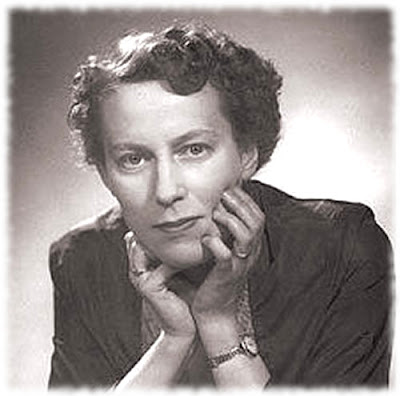There are no winners in suburbanized classical music
Latest UK radio audience figures released today graphically illustrate that there are no winners in suburbanized classical music. RAJAR audience data for the first quarter of 2014 show BBC Radio 3 continuing to lose audience, with listeners down 3.5% on the same quarter the previous year*. Classic FM's audience decline was sharper: down 5.0%. It is beyond dispute that BBC Radio 3 and Classic FM are fighting for the same audience. When the data for co-suburbanizers BBC Radio 3 and Classic FM is combined, the picture becomes even worse. Over twelve months the combined audience for the two stations has shrunk by more than a third of a million, while the total hours spent listening to classical radio has crashed by almost 11%. By contrast the overall picture for radio listening in the UK is one of rude health, with the total radio audience increasing by more than three quarters of a million in the same period that classical listeners shrunk by a third of a million.
This empirical, independent and irrefutable audience data simply tells us what we have known for a long time - that there are no winners in suburbanized classical music. In plain language the dumbing down of classical music is not attracting a new audience, it is driving listeners away in their hundreds of thousands. But it need not be this way, because there is an alternative. When I was working for EMI in the 1970s I was professionally involved with the Salzburg festivals. In those days Herbert von Karajan ruled Salzburg with a rod of iron, and one of my jobs was to ensure that photos of the maestro were prominently displayed in Salzburg's many upmarket shops and coffee houses. Assisting me in the Karajanisation of Salzburg was a young Peter Alward, who is is today Intendant of the Salzburg Easter Festival**. Over the past three decades Salzburg has changed, and since 2012 the Summer Festival has included a programming strand titled Ouverture Spirituelle. The themes of this multi-cultural sacred music festival have been Christianity & Judaism (2012), Christianity & Buddhism (2013) and in 2014 Christianity & Islam.
Earlier this year I was surprised and flattered to be invited to contribute to the 2014 Ouverture Spirituelle. This invitation came in the form of commissions for the programme essays to accompany performances of Jordi Savall's Balkan: Honey & Blood project and of Sufi chants by the Al-Tariqa al-Gazoulia brotherhood from Egypt. For years I have argued that classical music should focus on enlightenment rather than entertainment, and the saleability of Jordi Savall's enlightened music making is well proven. But I did really wonder how the conservative and Catholic Salzburg Festival concertgoers would view Sufi chants from Cairo. So I monitored the Festival's online box office, and watched with delight as the concerts by Al-Tariqa al-Gazoulia in the Kollegienkirche sold out very quickly. Like the BBC Proms, the Salzburg Summer Festival also features a strong mainstream programme; this year it includes a Bruckner symphony cycle with the Vienna Philharmonic conducted by, among others, Daniel Barenboim, Riccardo Chailly and Riccardo Muti, plus the inevitable Also sprach Zarathustra under the baton of the inevitable Gustavo Dudamel. But Salzburg has chosen a different way to make its Summer Festival distinctive: instead of resorting to the kind of tacky PR stunt seen in the header photo, it is challenging its audience by presenting music never heard before at the venerable and respected Festival.
RAJAR audience data is a powerful independent measure of the disastrous impact of suburbanization on classical music. Repeatedly the quarterly audience figures have shown that the BBC's drive for quantity of experience instead of quality of experience is counterproductive. By contrast the Salzburg Summer Festival is demonstrating that classical music does not have to be suburbanized to flourish. The BBC senior management should bear that in mind as they recruit a replacement for Radio 3 controller and Proms director Roger Wright. And the board of Aldeburgh Music should consider the example of the Ouverture Spirituelle before green lighting South Pacific as the headline attraction at the 2015 Aldeburgh Festival.
* Note that in Q1 2014 Radio 3 showed a 4.4% uplift from the disastrous Q4 2013 audience figure. But the important trend is year on year, not quarter on quarter where the trend is obscured by seasonality. Which does not stop the BBC PR machine spinning the dismal Q1 2014 Radio 3 performance by comparing it Q4 2013.
** It should be made clear that the Salzburg Summer and Easter Festivals are totally separate organisations and operations. Are music journalists above criticism? Well, as is quite evident from this post, I have received payment for programme essays from the Salzburg Summer Festival, and some of Salzburg's Festival connections are not above criticism.
*** Any copyrighted material on these pages is included as "fair use", for the purpose of critical analysis only, and will be removed at the request of copyright owner(s). Also on Facebook and Twitter.










Comments